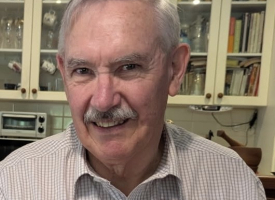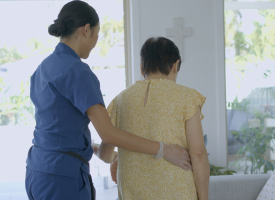AMA urges action on menopause in Australia
The AMA is calling for action to improve equality for women who are suffering from menopausal and perimenopausal symptoms in Australia.

The AMA says many women find it difficult to access the support they need and there is a profound disparity among the population according to socioeconomic status, ethnicity, age, disability, employment status and geographic location.
“Management of menopause and perimenopause is complex and highly individualised,” AMA President Professor Steve Robson said.
“Every woman who needs support through menopause and perimenopause has that right. It shouldn’t matter who you are, where you live, or what kind or job you have – women need support through perimenopause and menopause.
“A third of Australian women in midlife say menopause symptoms make it hard to do daily activities and they are also being targeted with misinformation in order to deal with it.”
All people to have the right to the highest standard of physical and mental health, but women are incurring more cost.
“The out-of-pocket health expenses for women are, in general, higher than for men and it is a significant barrier for women to get equitable healthcare,” Professor Robson said.
“Doctors need more time for female patients to support complex quality menopause care. Longer appointments are needed to adequately assess the complexity of symptoms but also to consider preventative care and risk screening.”
The AMA recently welcomed a new Medicare rebate covering consultations longer than 60 minutes, but, the AMA Medicare has not kept up with inflation causing a constant challenge for GPs wanting to provide comprehensive care.
“Australia is currently without a National Menopause Framework or Action Plan and we hope it will be a recommendation of the Senate inquiry,” Professor Robson said.
The action plan would include an analysis of medical and therapeutic support to combat the symptoms of menopause including high anxiety, depression, mood swings, forgetfulness or brain fog, and suicidal tendencies.
“We need a substantial funding for research and a system where doctors can give women the support they need and the framework to do it in,” Professor Robson said.
“Finding the right dose of medication or treatment for menopause symptoms can be lengthy and challenging and unchecked symptoms can be debilitating for women.
“Taking action on menopause and perimenopause will help empower women and have a fairer system for all.”
Contact: AMA Media: +61 427 209 753 media@ama.com.au



